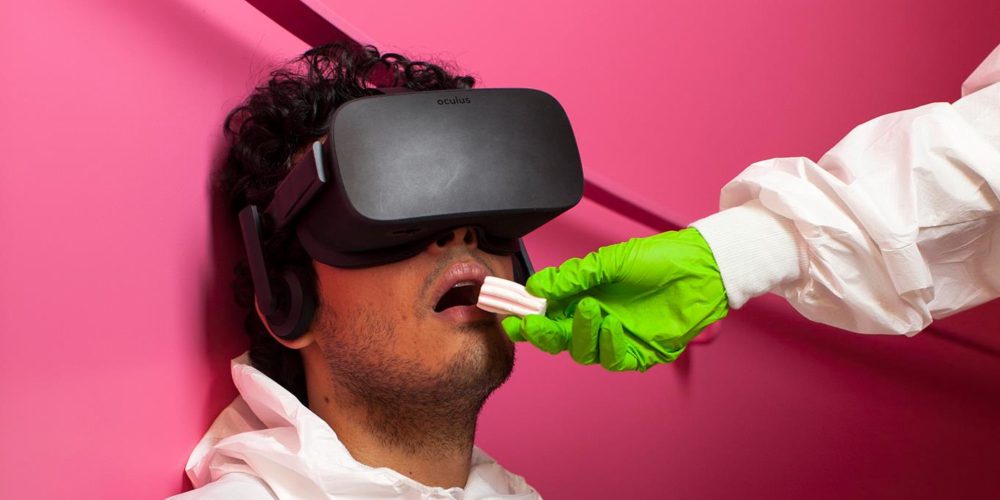
Women in Media Arts
-
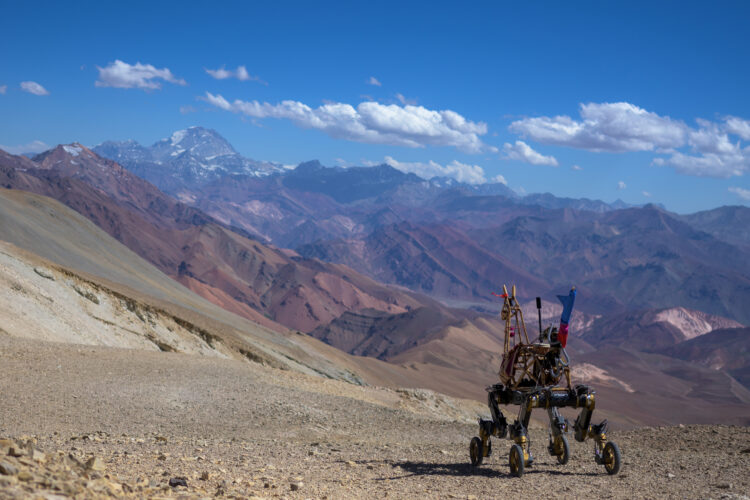
A Robot’s Liberation
Guanaquerx by Paula Gaetano Adi, winner in the Artificial Life & Intelligence category 2025, reclaims the Andes as a site of resistance and reimagines robotics as a tool for planetary liberation.
-
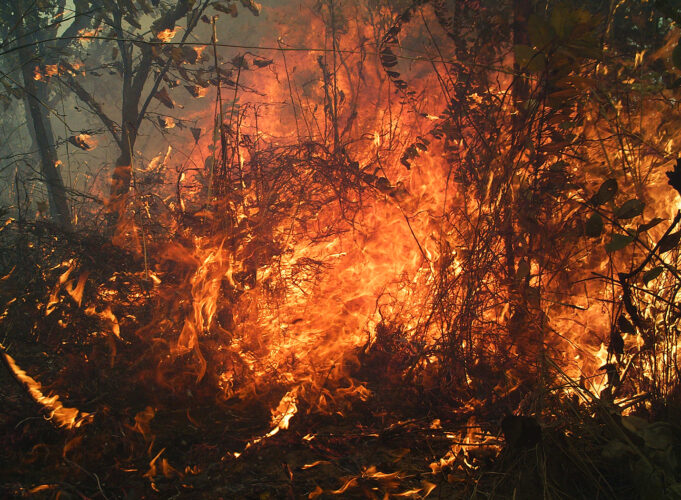
Challenging Power and Space Through Digital Art
Borders, technology, and power—Enar de Dios Rodríguez challenges us to rethink the spaces we live in through her award-winning, thought-provoking audiovisual essay, Ecotone.
-
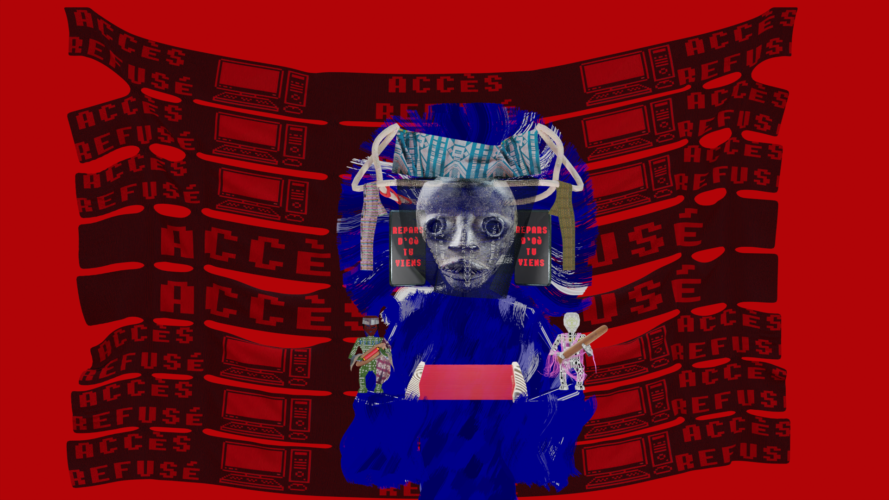
A Story of Arrangement
“You are part of a huge weave, that you cannot ignore anymore.” When you enter Diane Cescutti’s website and her work, you enter the world of weaving.
-
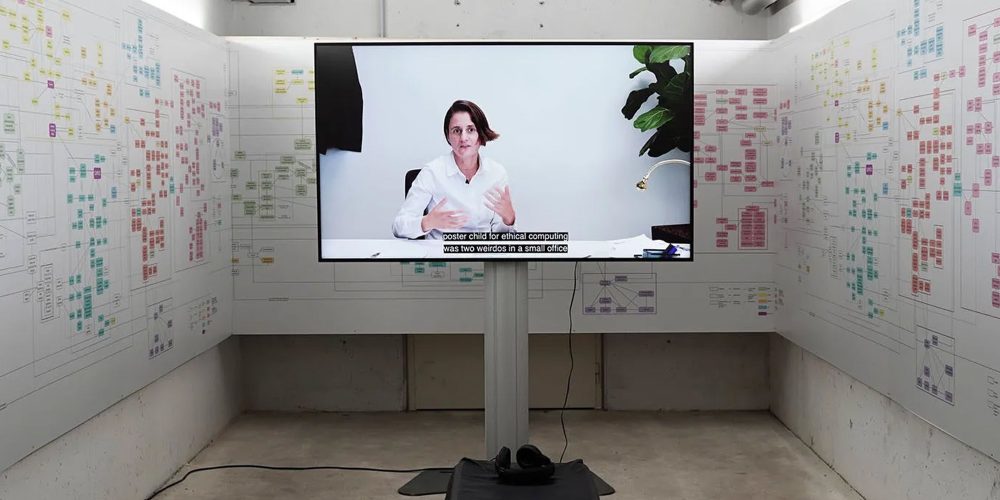
This was the third ArtScience Residency enabled by Art Collection Deutsche Telekom
We look back to one more year of the ArtScience Residency that was made possible through the support of the Art Collection Deutsche Telekom.
-
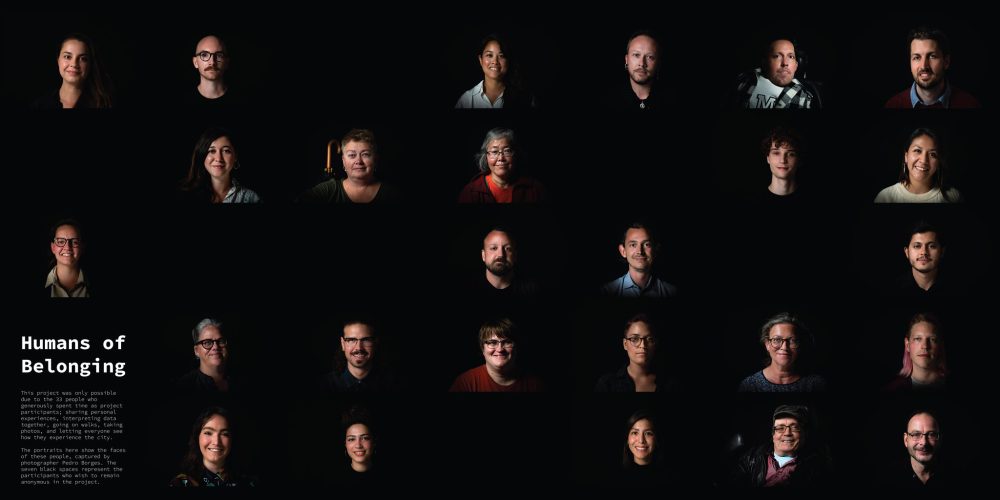
The Urbanists
Cities can be planned on the computer, but they can also be heard, smelled, tasted and felt. In the best case, they are there for everyone.
-
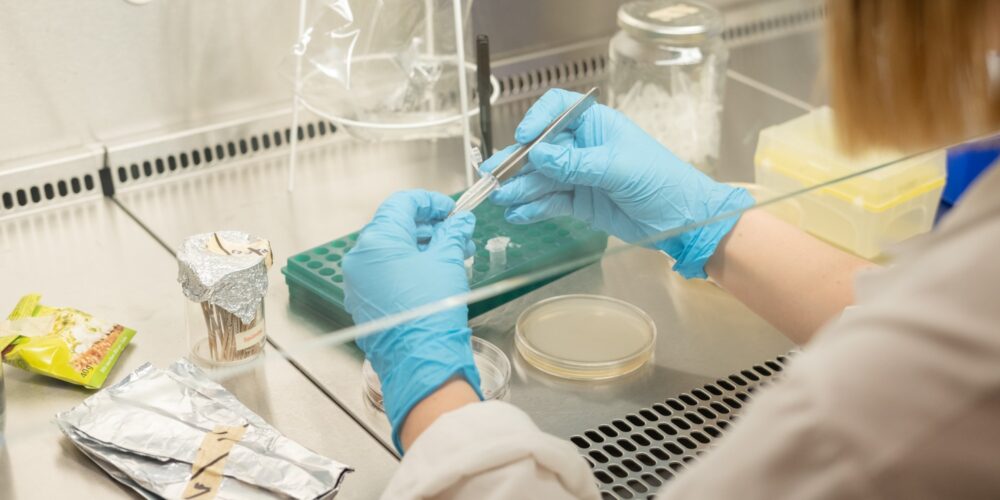
Reimagining Human Habitats
In an interview with artist Dorotea Dolinšek, we discover the secrets of the microbiome and how our symbiotic relationship with microorganisms affects our well-being.
-
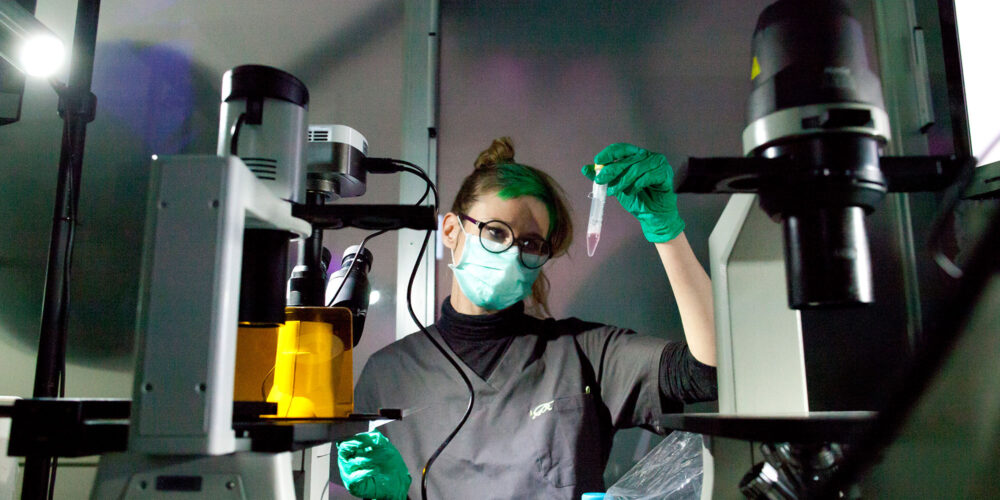
What about AIxxNOSOGRAPHIES?
For the third round of the ArtScience Residency Rainald Schumacher met artist Špela Petrič, the winner of the 2023 edition, for an interview.
-
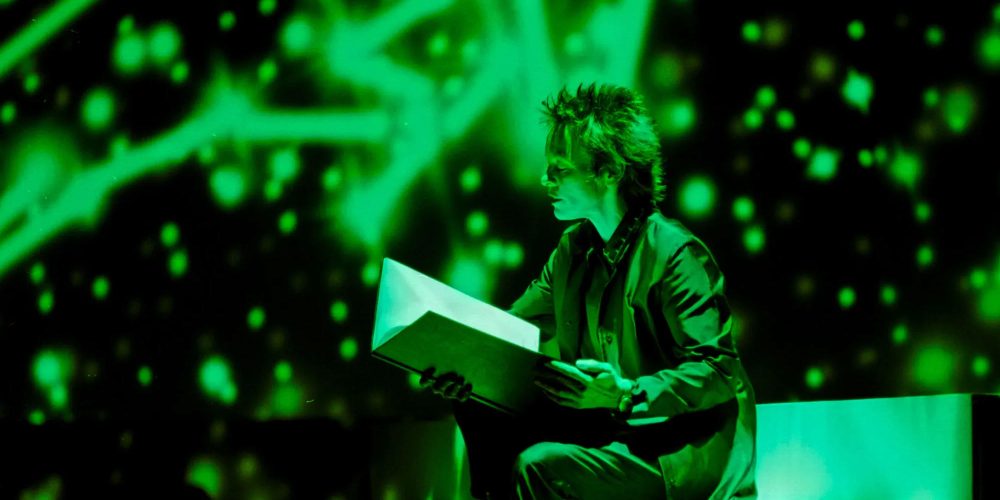
Laurie Anderson: Creating, Evolving, Experiencing
What characterizes a “Pioneer of Media Art”? Laurie Anderson connects art with technology and opens new musical paths with her inventions.
-
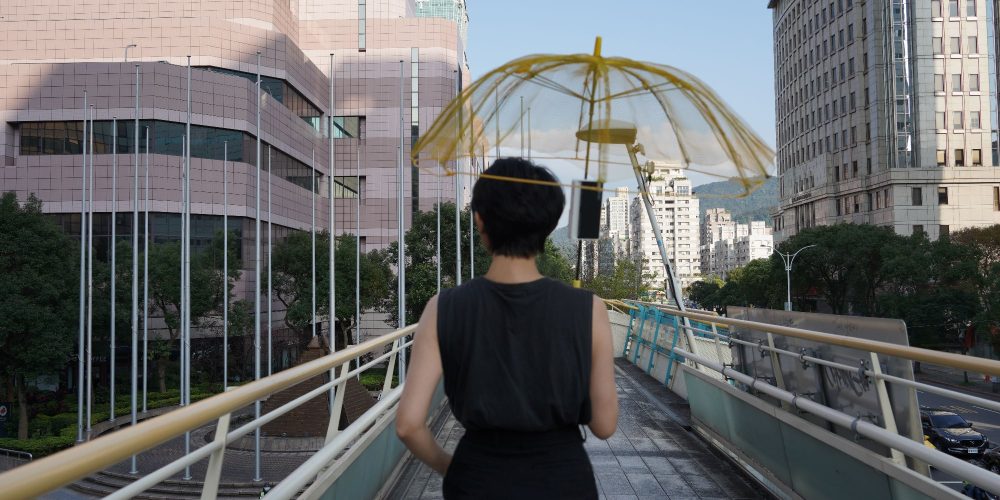
How to “resist like bacteria”
Find out what we can learn from bacteria and why the future lies in collaborative resistance through the artists behind the project “Bi0film.net – Resist like Bacteria”.
-
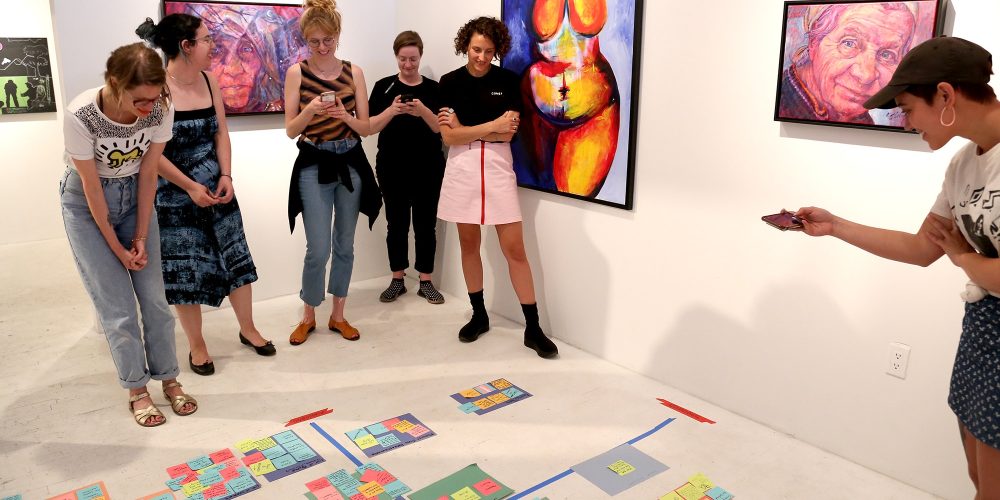
Is this a man’s world? Acknowledging gender bias in AI
Artificial Intelligence is fast becoming a major driving force of the rapidly accelerating digital transformation. Therefore, we have the responsibility to confront and question the gender biases inherent in AI models and seek ways to mitigate them.
-
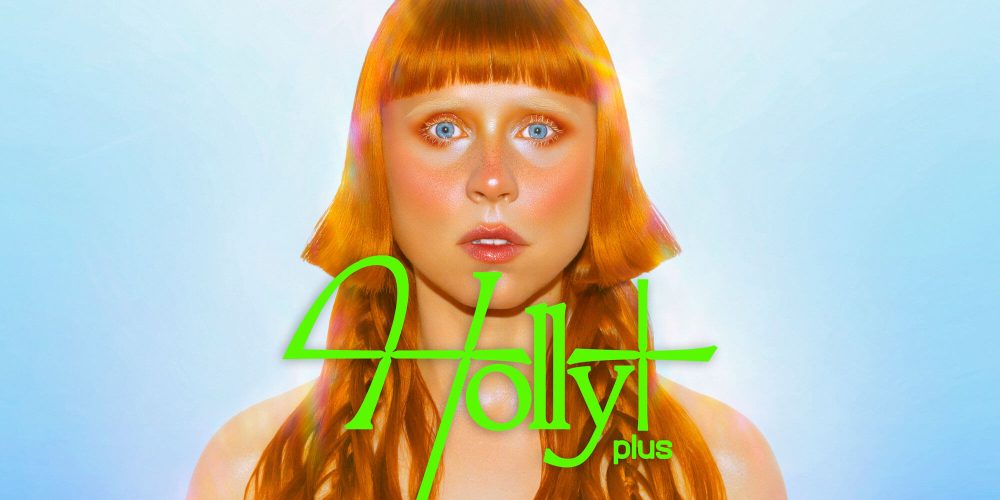
Holly+: Come and sing like Holly Herndon!
“It takes a village to create something special” and Holly Herndon and her team have succeeded in doing just that. In the interview, she presents her machine learning project in more detail, for which she has now received the European Commission’s STARTS Prize 2022.
-
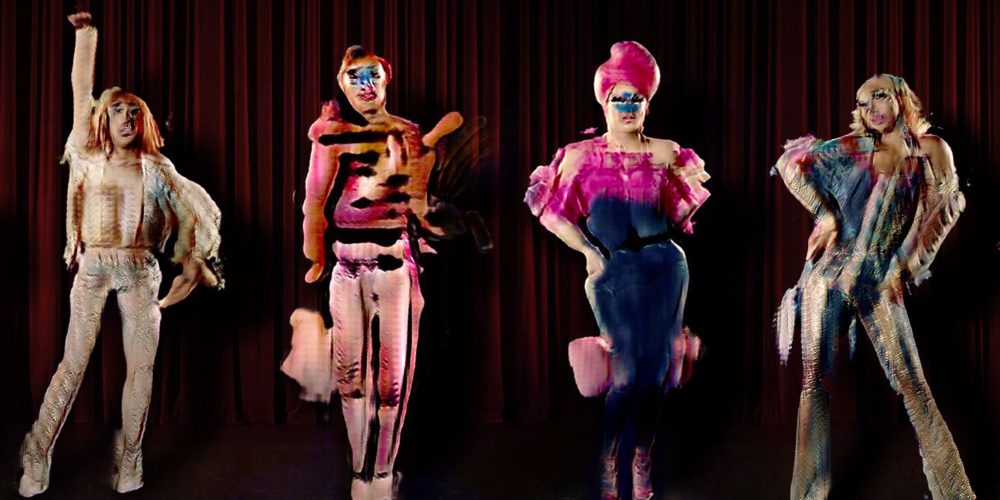
I see you: (in)visibility and equality in a new digital world
As Ars Electronica is a platform for those who see the future as the responsibility of our time and face it with social activation and empowerment, the last festival hosted projects which focused on making different realities and identities visible.
-
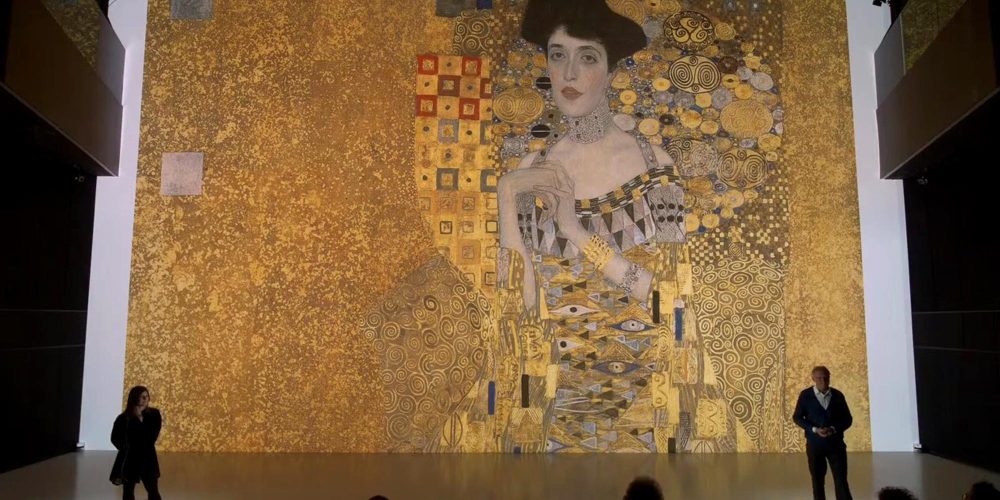
The Woman on the Picture
Gustav Klimt and Rebecca Merlic placed the image of the woman at the centre of their artistic work – an analysis.
-
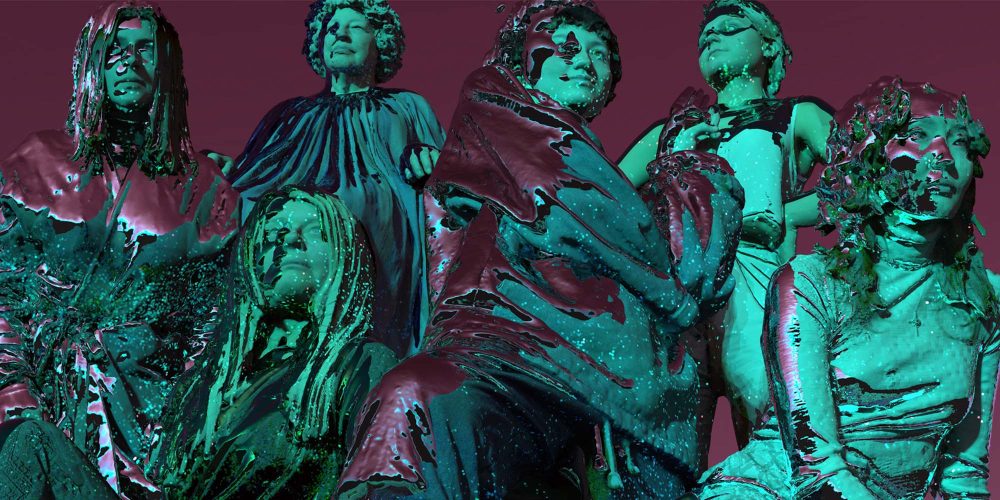
Merlic meets Klimt – the image of women then and now
On April 28, 2022, Gustav Klimt’s images of women will be in the spotlight. In this article, Franz Smola and Rebecca Merlic give you an insight into the topic of images of women.
-
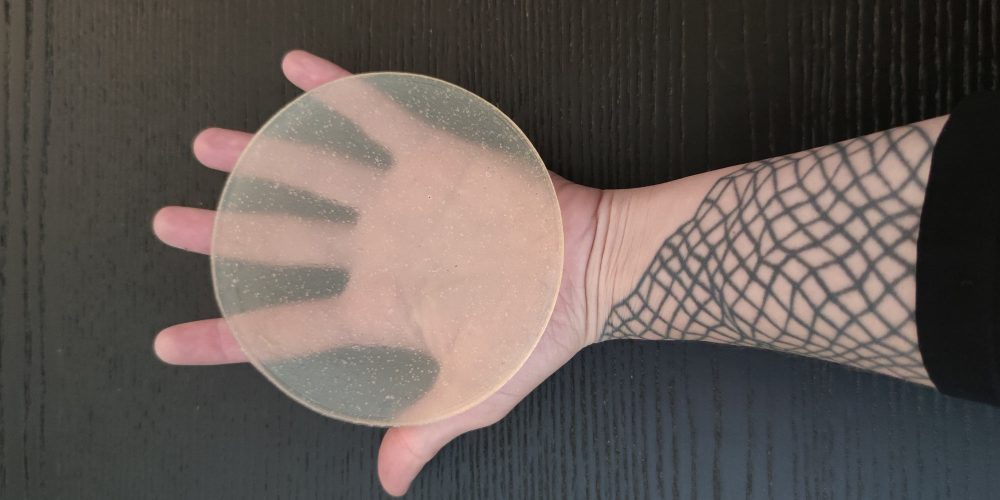
Circular Records for Circular Futures
Can records be made from biomaterials? Artists Kat Austen and Fara Peluso think so and will work on developing a low-carbon alternative to vinyl during their S+T+ARTS Residency.
-
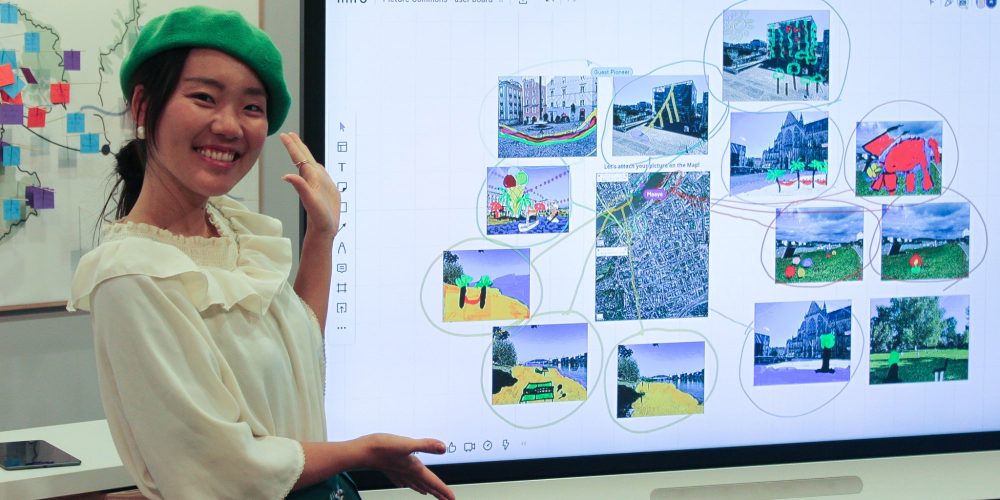
How to manage an organization like Ars Electronica
This is the question posed by participants in a new training program for cultural producers that provides insights into the way Ars Electronica works.
-
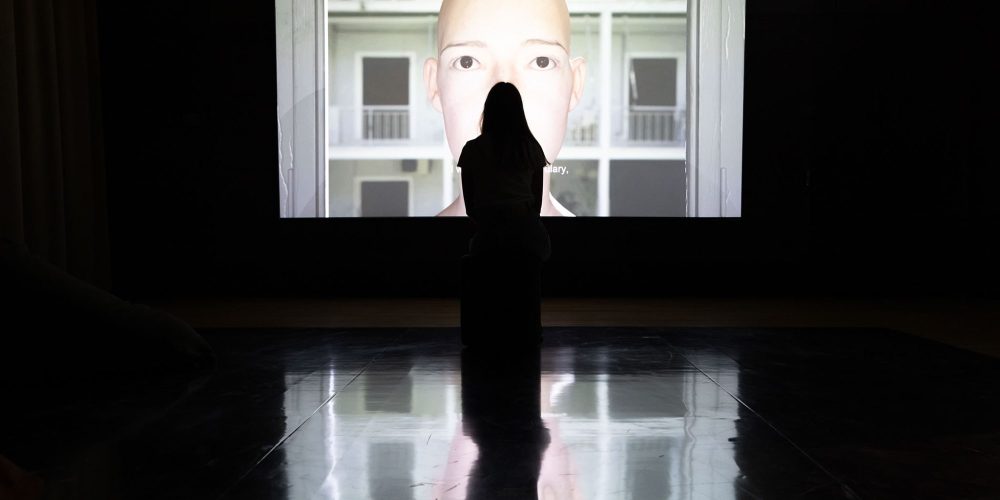
It’s a wrap! This was the first ArtScience Residency enabled by Art Collection Deutsche Telekom
AI, bias, listening infrastructures and art: Laura Welzenbach, Head of Ars Electronica Export, is looking back at the first year of the ArtScience Residency enabled by Art Collection Deutsche Telekom.
-
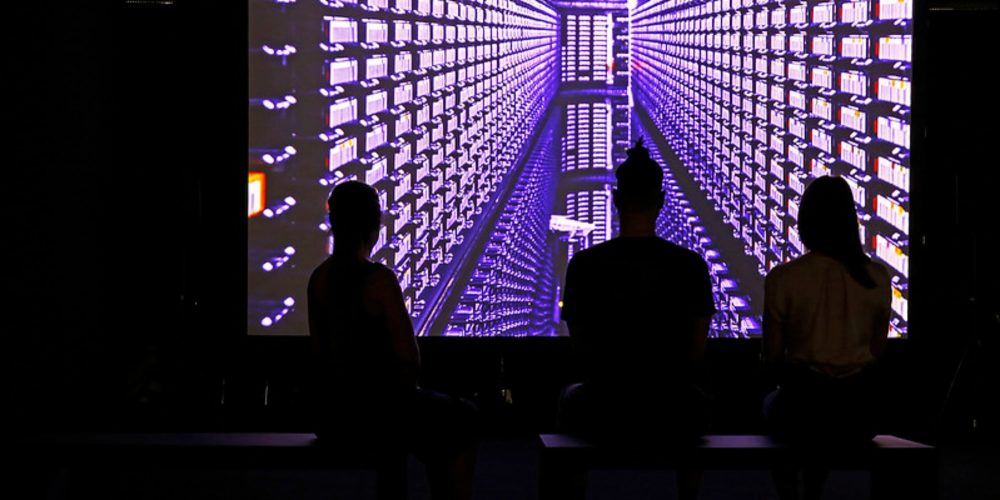
The Voice of the Future
As part of the ArtScience Residency Program enabled by the Art Collection Telekom artist Kyriaki Goni is working on a project that focuses on the voice of digital assistants and the problem of surveillance.
-
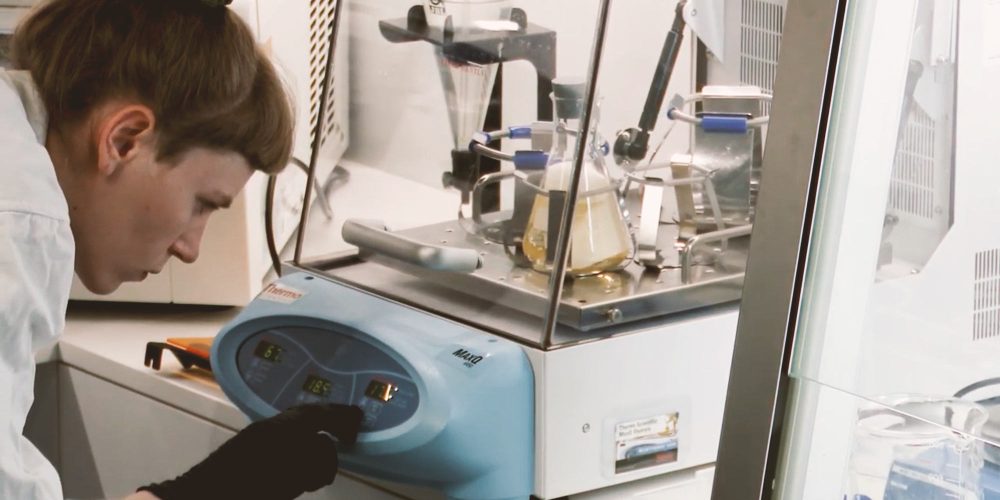
Textiles dyeing with Bacteria
No harmful chemicals, significantly lower water consumption. Julia Moser explains how pigment bacteria are used to color clothing. (German language)
-
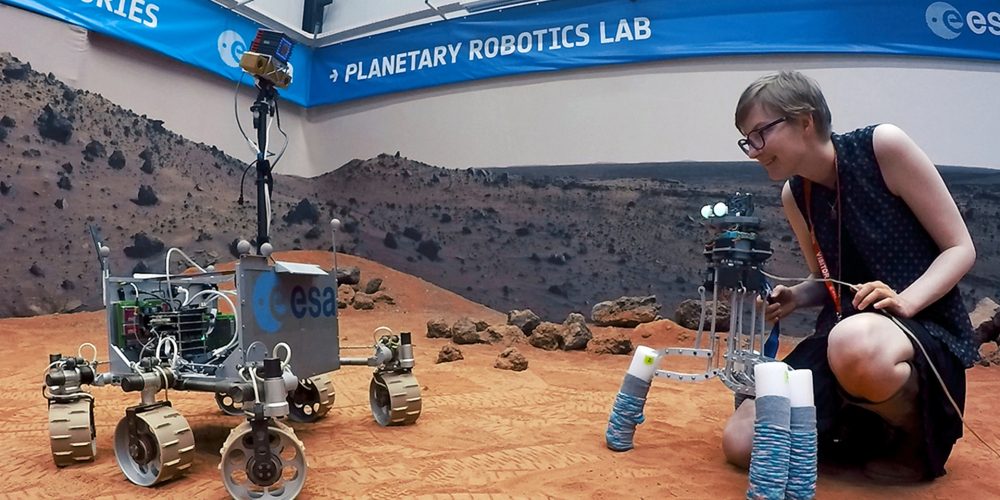
Step into Space
Wanted: Our place in the universe. Found: A team that combines humans and AI to answer fundamental questions. Sarah Petkus and Mark J. Koch aim to educate artificial intelligence to become an individual.
-
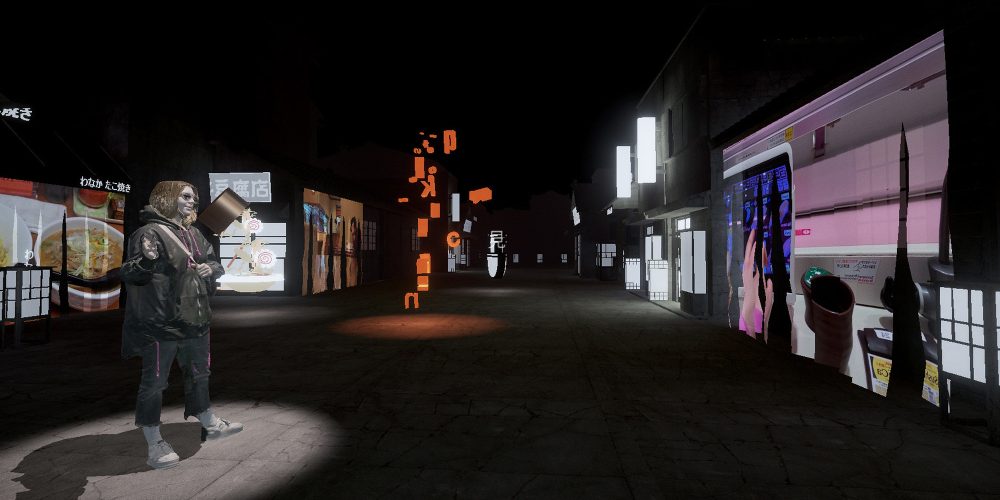
Rebecca Merlic: Making The City Your Own
Imagine giving up everything: Your bed, your kitchen, your bathroom, your apartment. From now on you live, eat and sleep in public space. Rebecca Merlic has been awarded the Marianne.von.Willemer.2020 Prize for Digital Media for the artistic realization of this experiment.
-
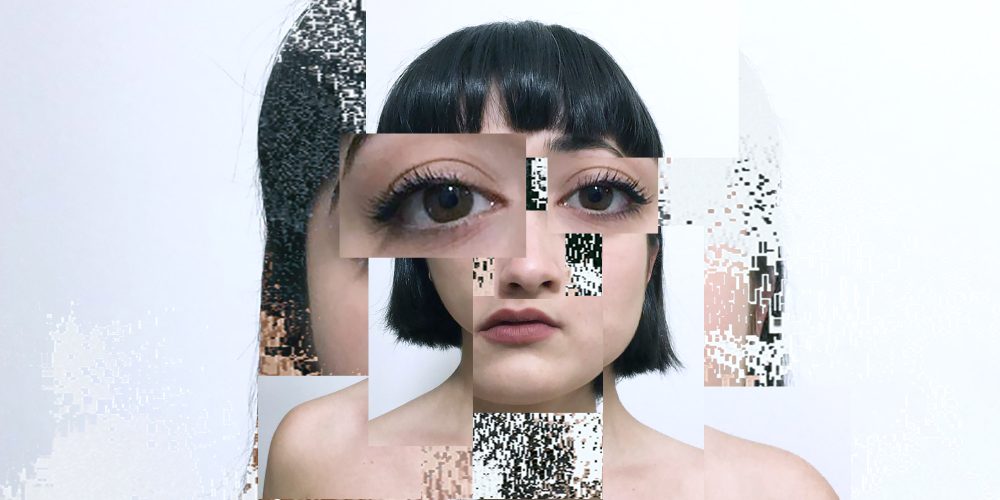
THE WILD STATE
A prairie in the Wild West, a futuristic pirate island on the ocean, people dancing at Burning Man – what images emerge in front of your inner eye when you hear THE WILD STATE?
-
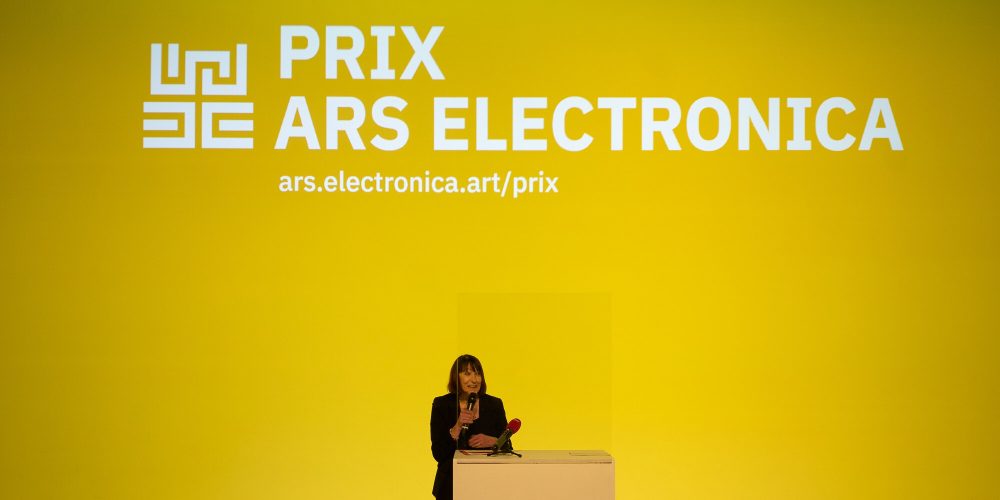
Christine Schöpf: “40 Years Are Enough!”
Christine Schöpf has accompanied Ars Electronica since its founding in 1979. Now, on the occasion of the 2020 Prix Ars Electronica, she says “40 years are enough” and takes leave of her official posts.
-
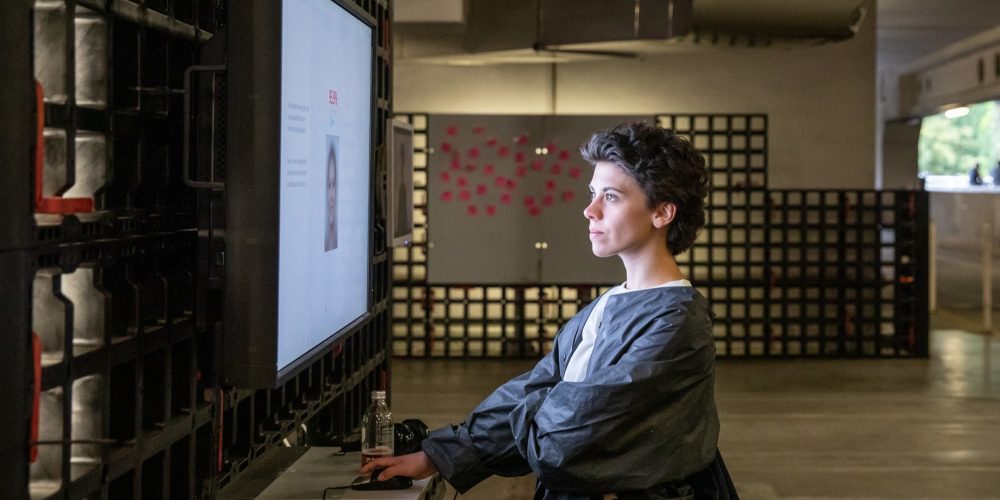
Women in Media Arts: Does AI think like a (white) man?
“Women in Media Arts” is an Ars Electronica database specifically dedicated to women in media arts. In this series, we introduce you to female media artists and their work, starting with the question: Does AI think like a (White) man?
-
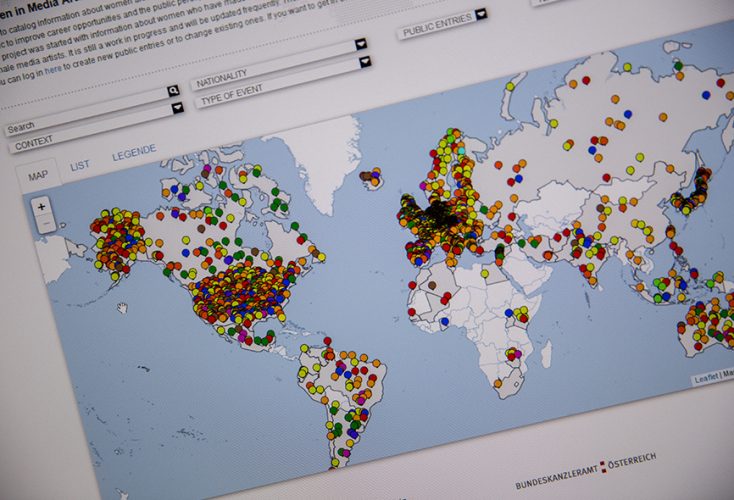
Women’s Networks in Arts & Technology
Elena Robles Mateo talks about her research project to portray networks of women in media art since the 1990s, and in her work has referred to the Women in Media Arts database of Ars Electronica, among others.
-
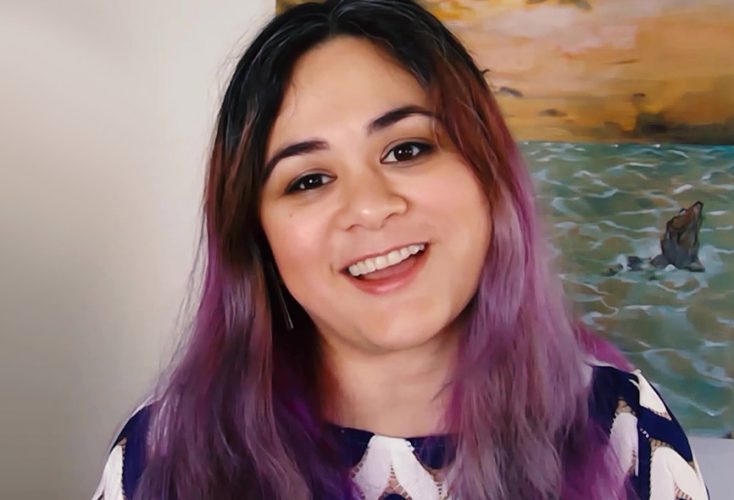
Şerife Wong: “I’d really like to see truly interconnected artists and scientists teams”
Submissions for the European Commission’s STARTS Prize will be accepted until March 11th, 2019. The artist Şerife Wong, one of this year’s jurors, talks about where she sees similarities between science, technology and the arts and explains to us – in her role as an ethics consultant – how we can deal with artificial intelligence…

